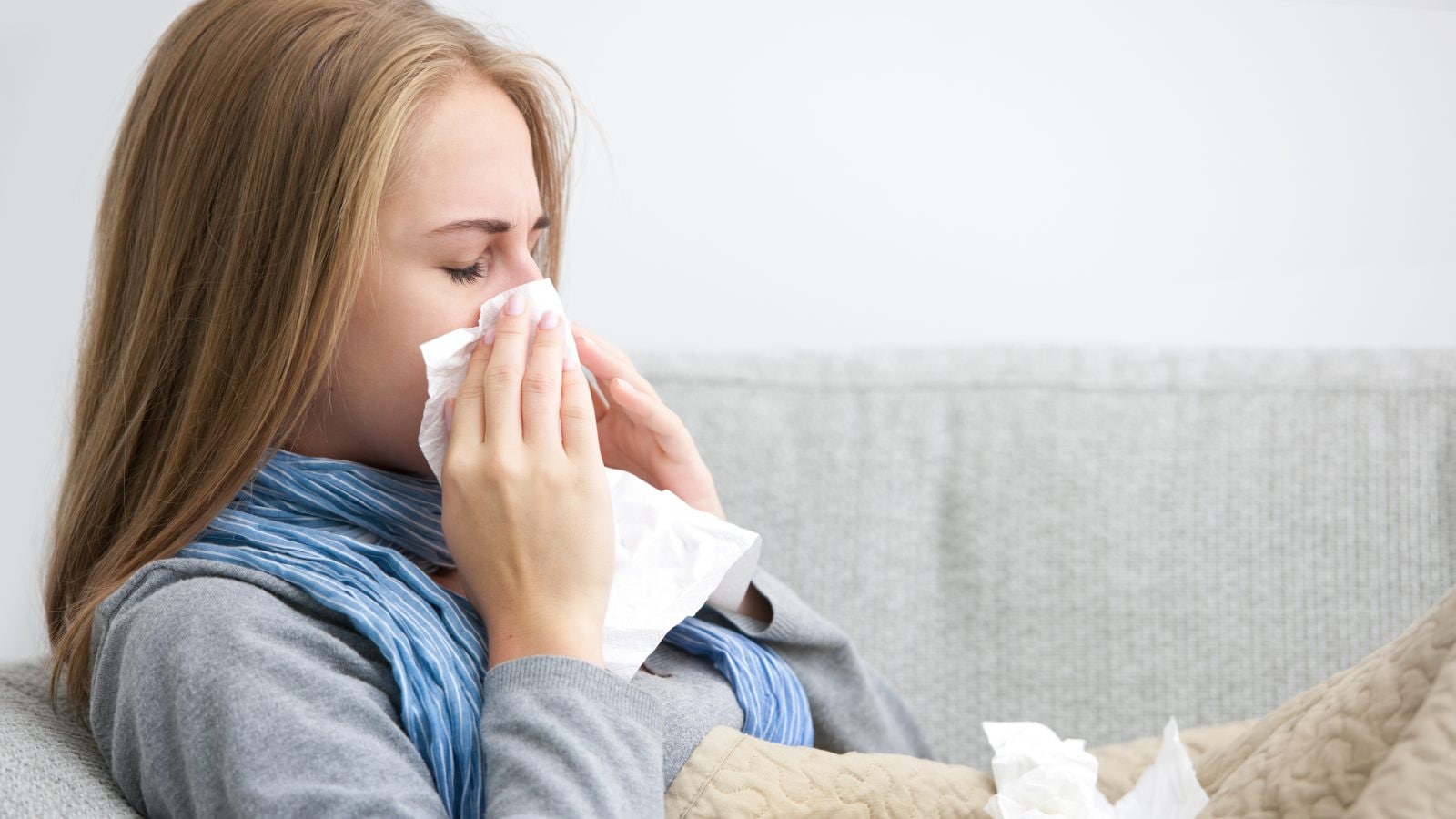Britain in a New Covid Countdown, While India Can’t Count on Much Vaccine Protection against Omicron
The number of reported Covid cases in Britain is likely to drop significantly after January 11, not because the incidence of the virus will necessarily fall but because the UK will begin to test – and count – differently.
Most Covid numbers arise at present from lateral flow tests done at home. If the result is positive, a further test is sent that is then carried out at an approved lab. There will already be a number of people who do not test, and, if positive, may not report their tests to the government, particularly if they are asymptomatic.
From January 11, anyone asymptomatic and positive through a lateral flow test need not follow up with a PCR test. Government figures are based at present on reports through PCR tests, and the reported numbers, rising substantially over recent days, appear certain to drop.
An immediate consequence will be that people will be spared a daily diet of what look like growing and alarming numbers. The extent will be anyone’s guess. But the number of hospitalisations and deaths will continue to be reported daily as at present. If those numbers stay relatively low as they currently are, the new statistics should bring some reassurance rather than alarm.
Until January 11, Britain will remain in countdown to the time when the counting down begins.
Acceptance
The counting change appears set to be a step towards acceptance of ‘herd immunity’ as the only realistic option, even if that remains an unmentionable expression. Scientists working closely with the government have begun to point to this as clearly the way to go – or the way the spread of Omicron has taken people already.
Sir Andrew Pollard, a lead scientist in developing the AstraZeneca vaccine deployed in India as Covishield, says it is neither practical nor affordable to vaccinate the world every six months. That’s as good as saying that the virus should be allowed to take its course.
The government has said it is not considering any tighter measures in the face of the new Covid spread. Its Plan B will remain in place that includes primarily advice to people to work from home wherever possible, and to take precautions such as wearing masks in public places.
Defenceless
Given the earlier spread of Omicron in a relatively limited space in Britain among smaller numbers, the British experiment with herd immunity, even if it has not been so declared in so many words, will be critical to dealing with Omicron in the days and weeks ahead in India.
There is a critical difference, though, starting with the booster jabs under way in Britain. It is these jabs, with either Pfizer or Moderna, that have been a critical factor in limiting infections, and in further limiting their seriousness when they do occur. Protection from just double vaccination with Pfizer earlier offered only limited protection, and with AstraZeneca less so.
A second critical difference coming up is that only a third booster with Pfizer and Moderna has been found effective against Omicron. A third booster with AstraZeneca has been found to offer relatively very little protection, according to a study reported in The Lancet. That would make a booster programme with Covishield (AstraZeneca) in India mostly pointless.
So far as vaccination goes, India is at present mostly defenceless against Omicron. The Indian hope, and it cannot be an Indian plan, is that Omicron stays as mild as it’s been reported to be thus far, and leaves those it infects protected against further infections. This would suggest that in time India too can consider an end to testing and counting.
India’s protection would arise from natural immunity developed already. A study by the Indian Council of Medical Research (ICMR) suggested in July last year that two-thirds of Indians have contracted Covid already. At the rate of the Omicron spread, almost the entire population could have been infected and recovered already. But no one is ready yet to declare that India has achieved herd immunity. The early days of Omicron have looked more promising than threatening, but it’s still early days.
In Britain the vast majority of those being hospitalised – and this is currently rising by 50 per cent a week – have been the unvaccinated. The unvaccinated are a huge population in India, and they could be at serious risk from a fast Omicron spread. Again, the Indian hope is that just about everyone is naturally immunised already, as the ICMR suggests.
Read all the Latest News, Breaking News and Coronavirus News here.
For all the latest world News Click Here

